Past Events

UPCOMING EVENTS

Amb. Orna Sagiv
Past Events
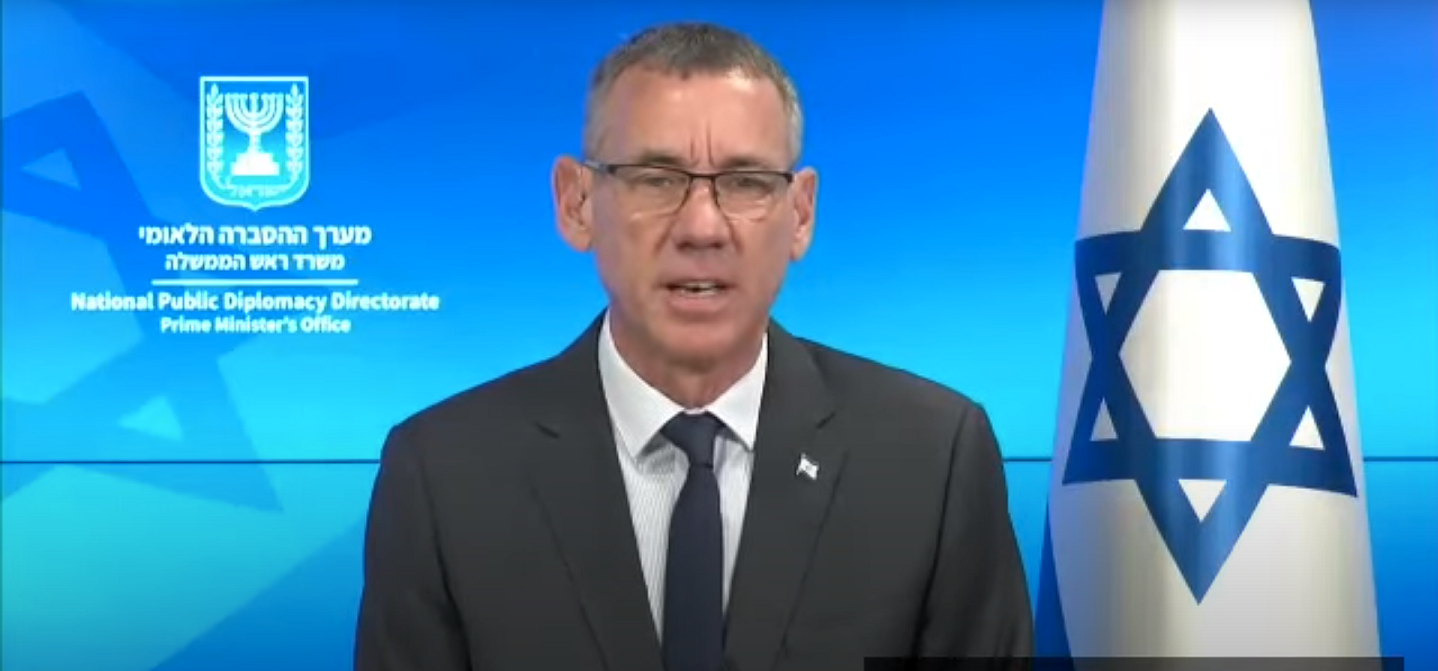
Amb. Mark Regev - Senior Advisor to the Prime Minister of Israel
Israel-Asia Center Briefing - November 21, 2023 - for our networks in Asia to learn more about the latest updates on the Israel-Hamas war with guest speaker, Ambassador Mark Regev, Senior Advisor to the Prime Minister of Israel.
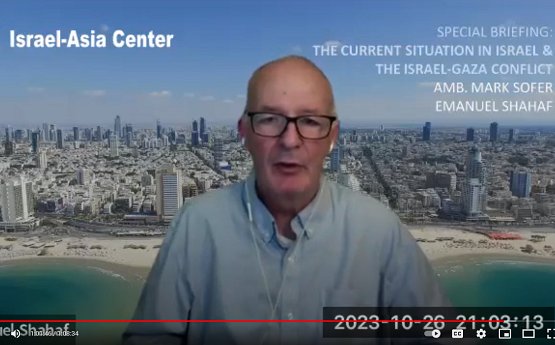
Israel-Asia Center special briefing - October 26, 2023 - for our Indonesia network on the situation in Israel and the Israel-Gaza conflict. The session also addressed the implications of the current conflict on normalization of relations between Israel and Saudi Arabia and between Israel and Indonesia.

Dr. Mark Clifford
Dr. Gedaliah Afterman
As countries around the world grapple with finding the right measures to effectively combat the spread of COVID-19, the Asian Tigers have stood out for their extraordinarily low infection rates, despite their close proximity to mainland China.
This event explored the government policies, tech applications and societal behavior that have contributed to such low – or leveling the curve of – infection rates in South Korea, Taiwan, Singapore and Hong Kong, as well as Tiger Cub economy Vietnam. Looking into the case of Singapore, the event looked at what lessons can be learned in preventing a ‘second wave’ of infections. Can these be applied to Israel and other countries in striking the right balance for back-to-work strategies?
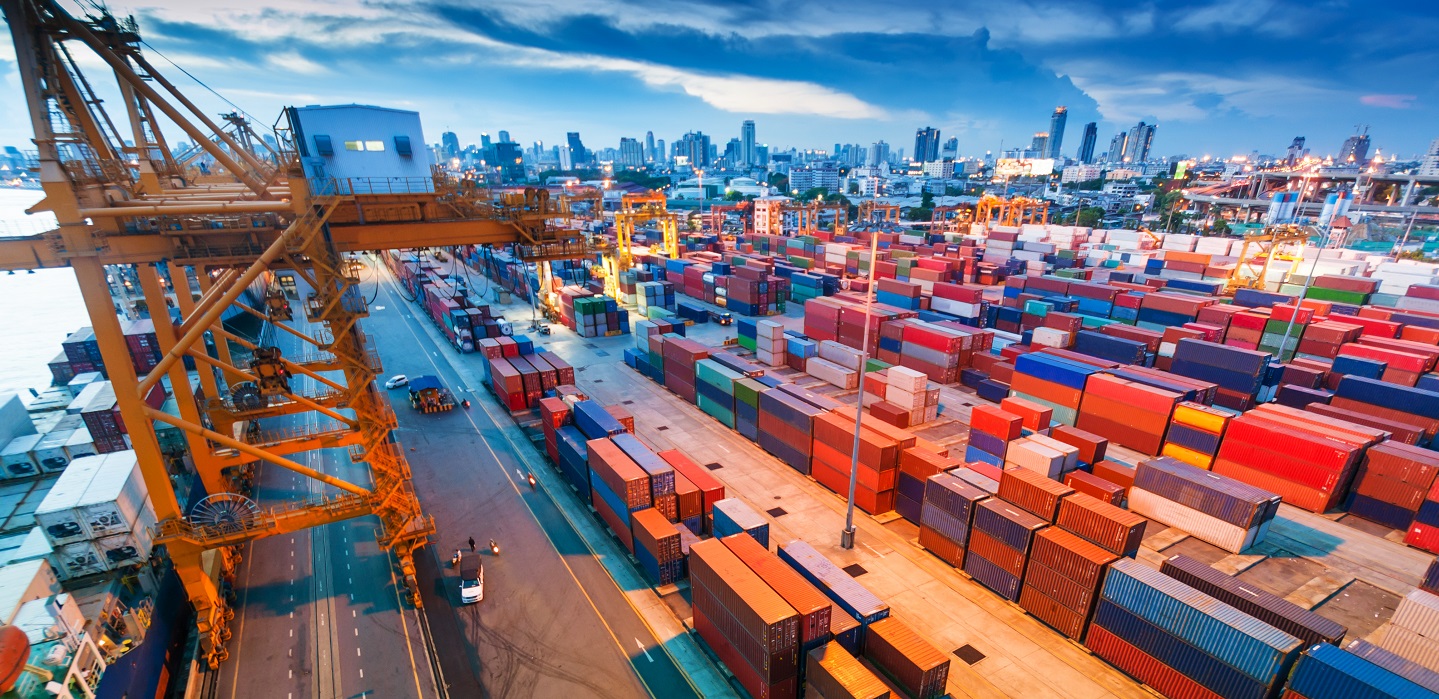
James McGregor
Dan Catarivas
Over the past year, the world’s two largest economies have imposed tariffs on billions of dollars’ worth of each other’s’ goods. U.S. President Donald Trump has long accused China of unfair trading practices and intellectual property theft. In China, meanwhile, there is a perception that the U.S. is trying to curb its rise. Former Australian Prime Minister Kevin Rudd, together with nine other former heads of state, recently labeled the trade war the single greatest threat to global economic growth. But what are the stakes and how has the trade war escalated? How is it impacting the global economy and shifting supply chains? Who are the winners and losers? Caught in the crossfire, what are the economic implications for Israel and how are Israeli companies navigating their dual U.S. and China interests? What are the prospects for a resolution to the immediate trade war? And what might the reality of an impending tech war or decoupling between the U.S. and China look like?
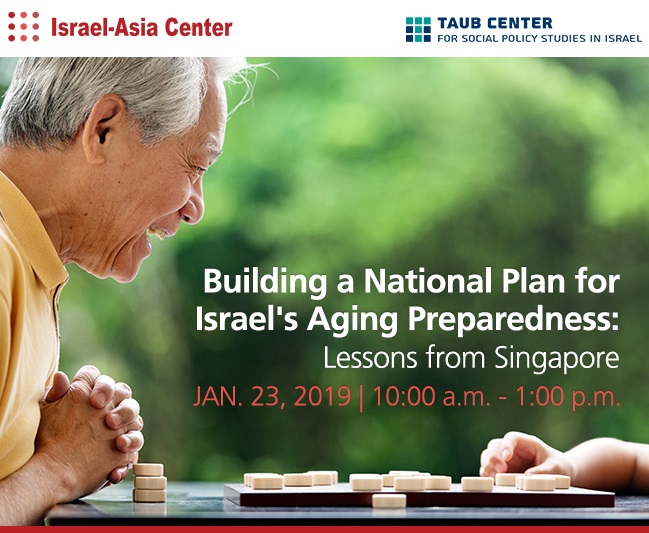
By 2035, Israel's aging population is set to double, with 14.6% of the population projected to be over the age of 65. Asia's aging population is projected to reach nearly 923 million by the middle of this century. As Israel develops its national plan on aging preparedness, this event - hosted by the Israel-Asia Center, in cooperation with the Taub Center for Social Policy Studies in Israel - looked at Singapore as a case study, whose median age grew from 29.8 in 1990 to 40 in 2016 and whose over-65 population will grow to 25% by 2030. The event explored the specific challenges facing Israel's aging population, best practices Israel can learn and adapt from Singapore, and models for long-term financing of healthcare for the elderly.
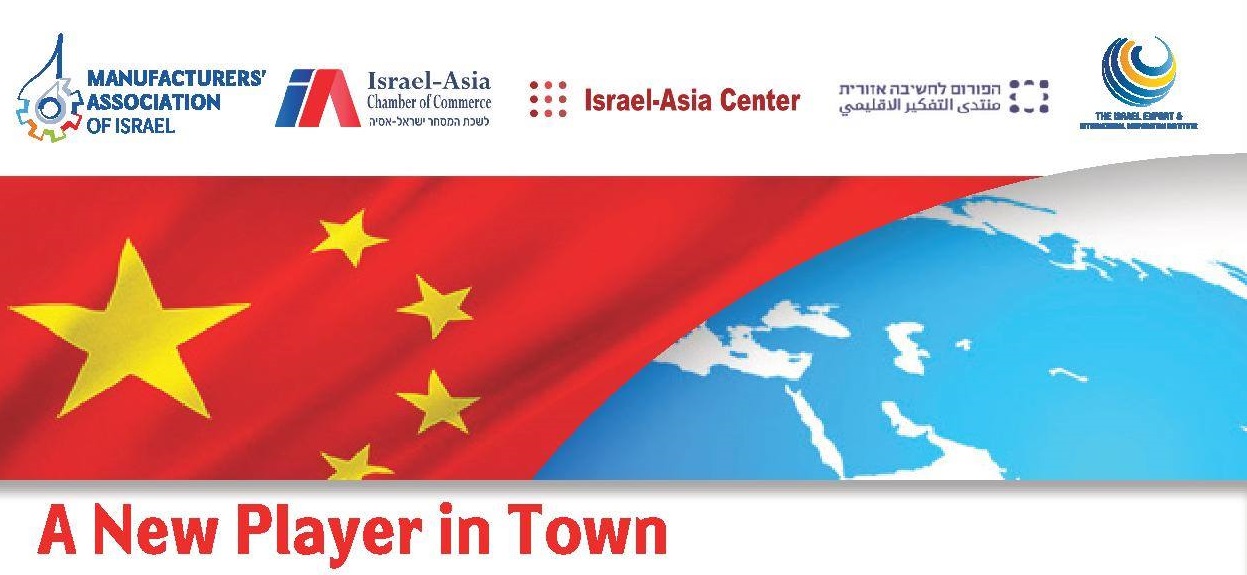
Through programs like the Belt and Road Initiative, and the funding of massive infrastructural commercial projects, the People's Republic of China has fostered ties with many important players in the Middle East simultaneously, connecting the region in many ways. This event explored what a Chinese Middle east will mean for Israel economically and politically, whether China will utilize its economic influence throughout the region to encourage economic cooperation, whether China's economic presence could help to reshape the region's conflicts, and whether China's peace initiative presented in 2017 will influence developments in the Middle East.
This event was run by Israel-Asia Leaders Fellow, Katie Wachsberger, as part of her fellowship initiative. Events partners were the Manufacturers Association of Israel, the Forum for Regional Thinking, the Israel-Asia Center, the Israel-Asia Chamber of Commerce, and the Israel Export & International Cooperation Institute.
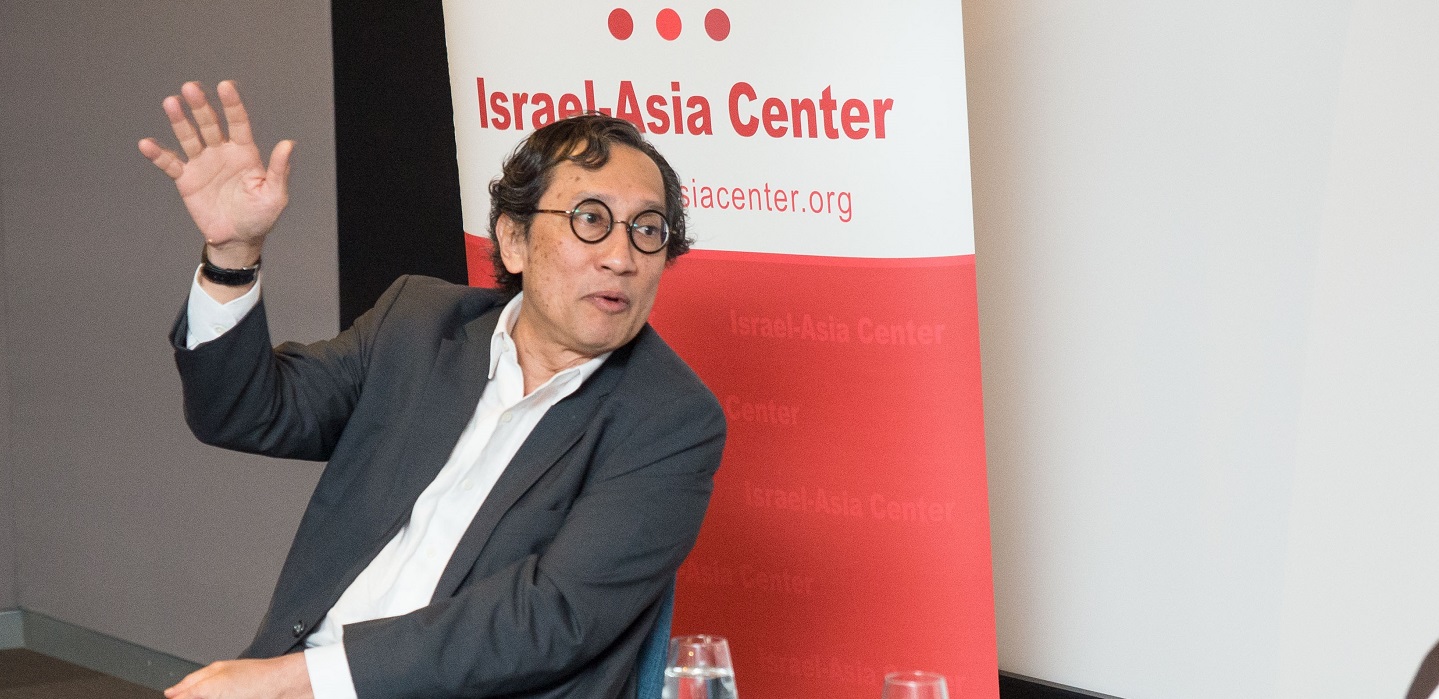
Amb. Bilahari Kausikan
Ever since its independence in 1965, tiny Singapore — with 5.7 million inhabitants forming a multicultural society of ethnic Chinese, Indians and Malays — has managed to maintain the key principle of its foreign policy: “Friends to all, but an enemy of none”. However, recent developments have made it difficult for Singapore to live up to this ideal. These include rising tensions between China and India as well as between China and the United States; President Trump’s withdrawal from the Trans-Pacific Partnership, and China’s ambitious Belt and Road Initiative.
How does Singapore manage its foreign policy vis-à-vis its relations with China and India? What can Israel learn from Singapore’s experience as it attempts to balance its relationships with these two Asian giants? And what, in particular, does Israel need to be aware of in the Trump-Xi-Modi era?
To answer these questions and more, the Israel-Asia Center and AJC Asia Pacific Institute held a fireside chat on April 16, 2018, with Singapore's Ambassador-at-large Ambassador Bilahari Kausikan — the “undiplomatic diplomat” who writes and speaks without hedging, according to a recent article in the The Straits Times.
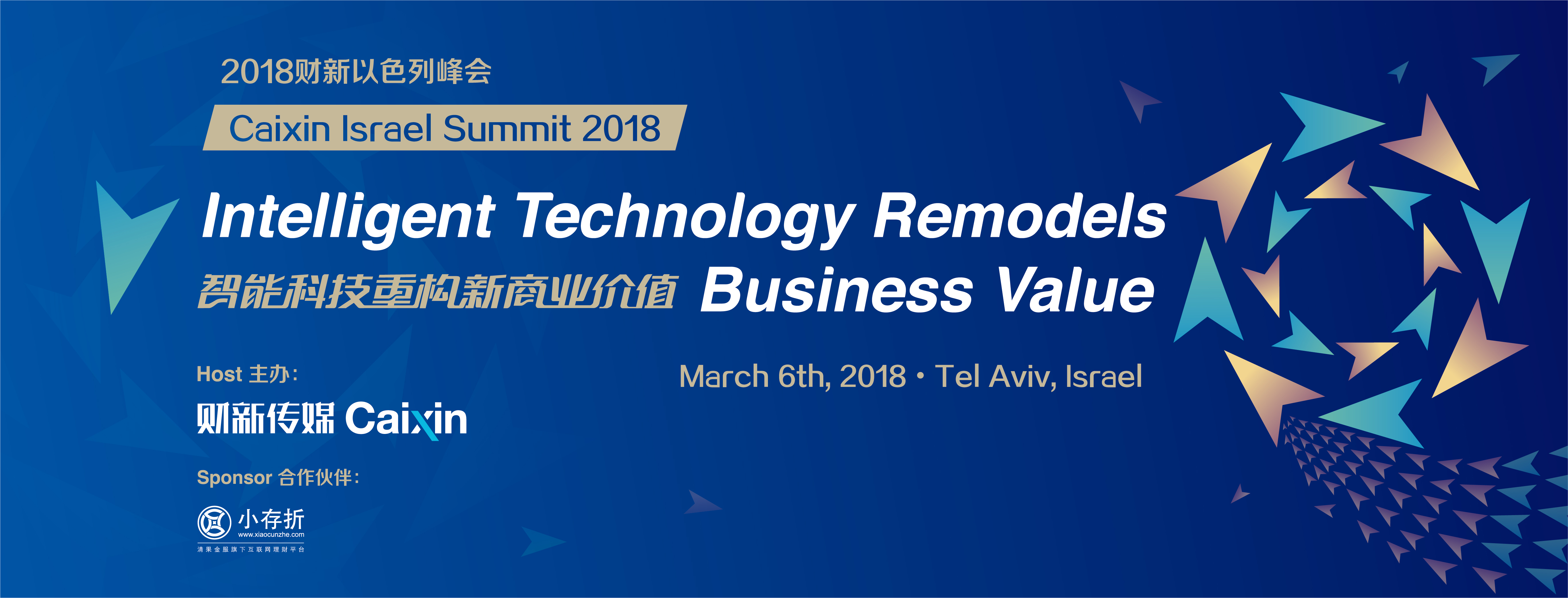
Intelligent technology is the driving force behind industry development, business model reform, and even every-day life transformation. As one of the countries with the strongest R&D and innovation power in the world, Israel is an important partner for China at this stage of development. Meanwhile, the size and robustness of the Chinese market is attractive to many Israeli companies and technologies. With opportunities presented by the Belt and Road Initiative, AIIB, and China-Israel Free Trade Zone, deeper collaborations between the two countries will take place in technology, finance, and many other realms.
The Israel-Asia Center was proud to join Caixin Media as a supporting partner of the Caixin Israel Summit 2018 in Tel Aviv. The event gathered leading experts from both countries, decision makers from well-known investment institutions, senior executives from technology innovation enterprises and top financial institutions to share their insights on ‘Intelligent Technology Remodels Business Value’.
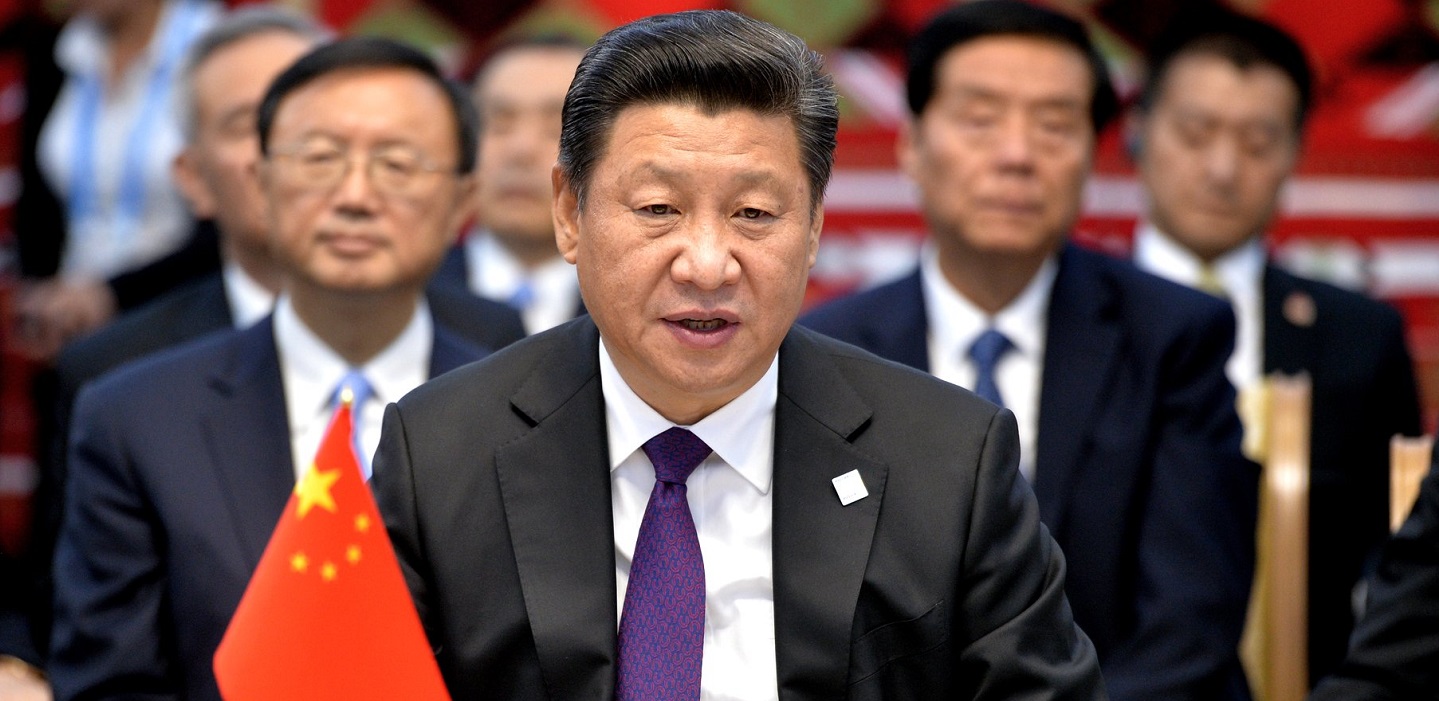
In October, 2017, the Chinese Communist Party leadership gathered for the 19th Party Congress – the country’s most important event, occurring every five years. What emerged from the Congress were not just a new Central Committee, Politburo, and Standing Committee of the Politburo (SCPB) – the most powerful organ in the world’s most populous nation – but a blueprint for China’s economic development and transformation as a global leader by 2050, a roadmap to “make China great again”, and a clear message: That President Xi is China’s most powerful leader since Chairman Mao Zedong.
At this joint event, run by the Israel-Asia Center and the Chinese Media Center, panelists explored in greater depth the outcomes of the Chinese Communist Party National Congress and its significance to the global economy: the “grim challenges” cited by President Xi that China is current grappling with, China’s economic reforms, the increasingly dominant role President Xi Jinping – and China – is playing on the global stage, and what this all means for Israel. Will this mean a China that will play a more assertive role in the Middle East? What will be the impact on the Israeli economy in this ‘era of Xi Jinping thought’?
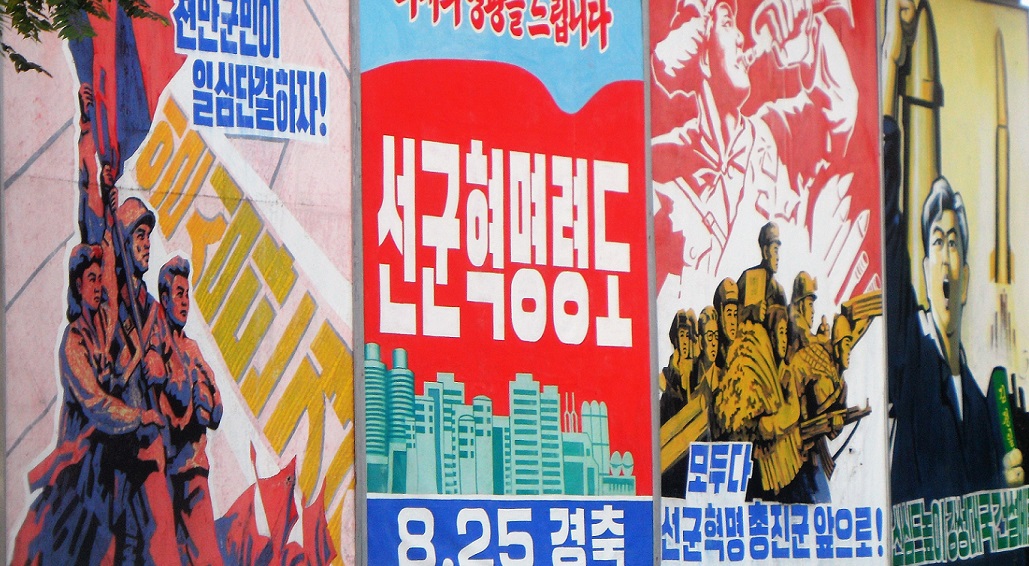
On November 6, the Israel-Asia Center - in partnership with the Israel Council on Foreign Relations - held a high-level discussion with leading Israeli and international experts that explored the regional and international implications of a nuclear North Korea. What are the foreseeable actions of North Korea’s neighbors, and the United States? What is Israel’s perspective given its efforts against the Iranian nuclear agreement? What – if any – are the economic, diplomatic and military options on the table? Are there now really no good options when it comes to North Korea?
The event coincided with President Trump's 12-day visit to North East Asia, where North Korea dominated his talks with the leaders of China, Japan and South Korea.


